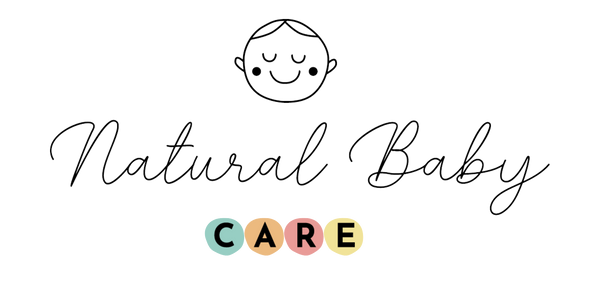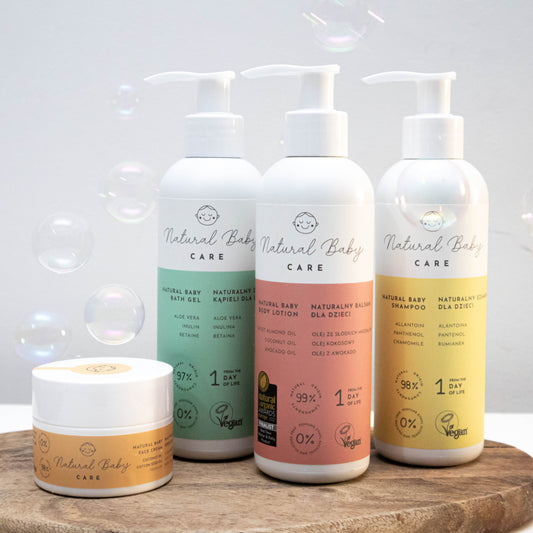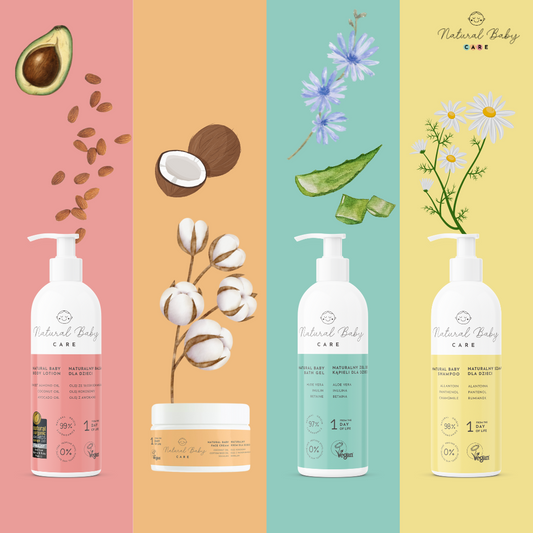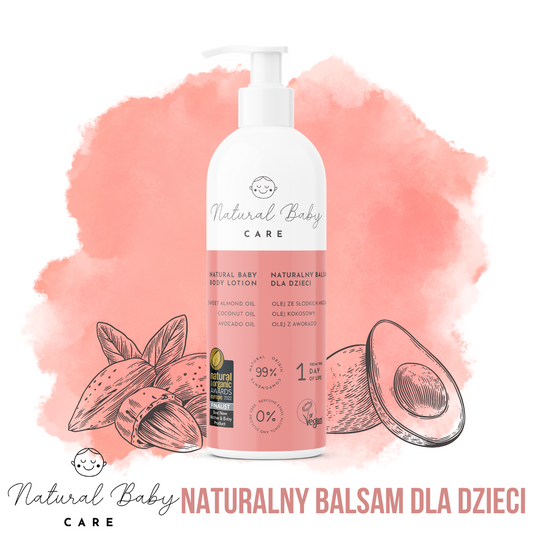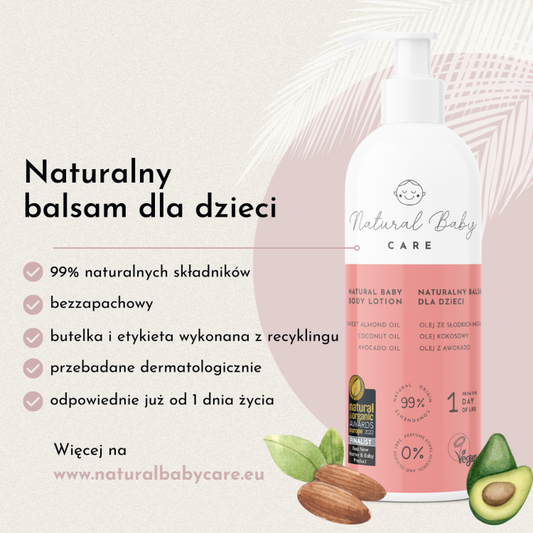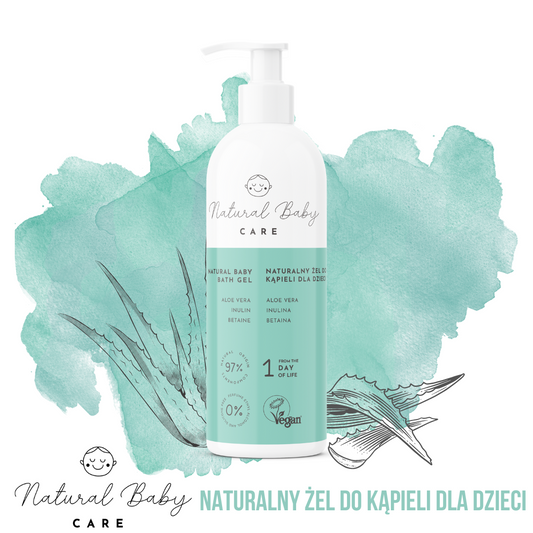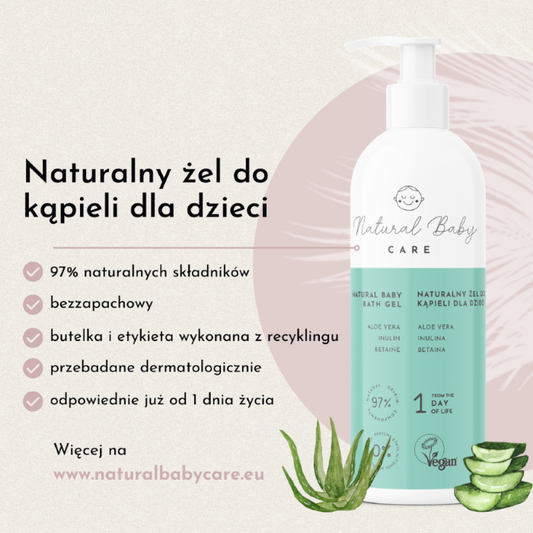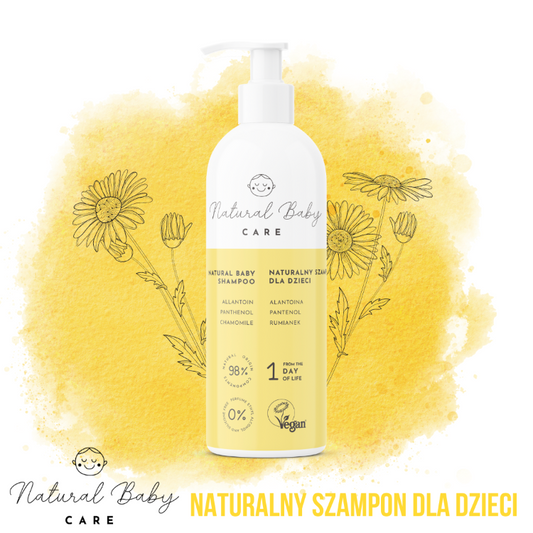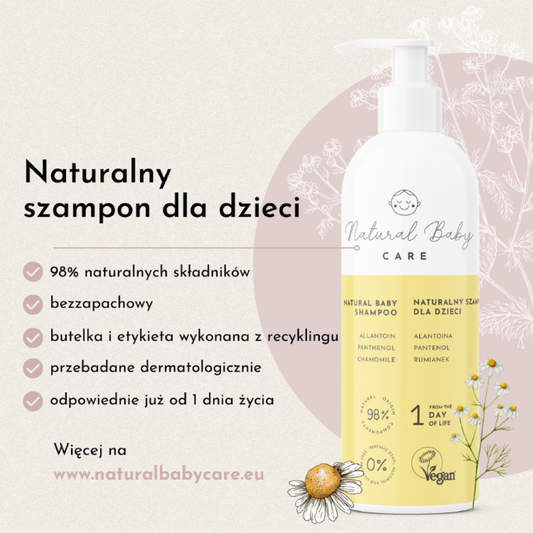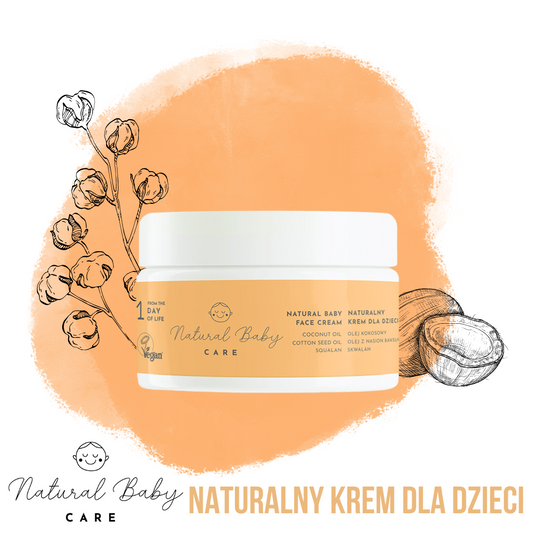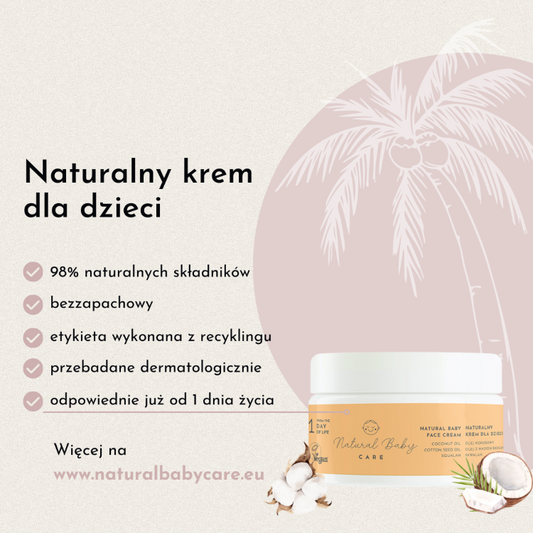Home > Knowledge Zone > Blog > Air humidifiers and baby skin?
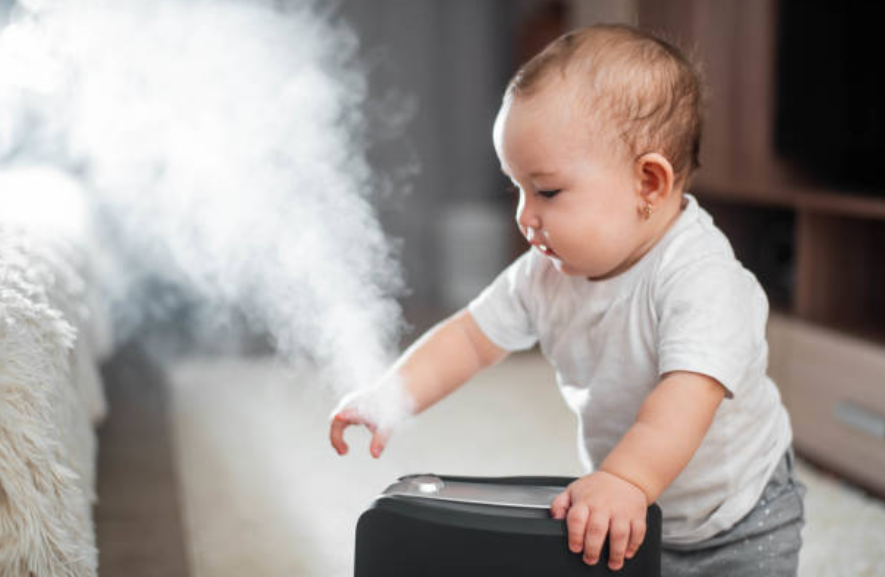
Air humidifiers and baby skin?
Author : Natural Baby Care Team
Publication date: February 24, 2025
Reading time: 5 minutes
Winter is a time when the air in our homes becomes exceptionally dry due to heating. In such conditions, babies' delicate skin can become irritated and dry. Can humidifiers for newborns effectively solve this problem?
Check out cosmetics for your baby's delicate skin
Maintaining proper humidity in a baby's room can provide many benefits. Humidifiers for newborns can help prevent dry skin, alleviate allergy symptoms, and promote healthy sleep. Additionally, proper humidity can support a baby's respiratory system, reducing the risk of infection.
Did you know that...?
Collapsible content
Czy nawilżacz powietrza jest bezpieczny dla niemowląt?
Jaki rodzaj nawilżacza powietrza jest najlepszy dla dziecka?
Czy nawilżacz powietrza pomaga w przypadku kaszlu i kataru u niemowląt?
Jak często należy czyścić nawilżacz powietrza?
Czy nawilżacz powietrza może powodować alergie u dzieci?
Gdzie najlepiej ustawić nawilżacz powietrza w pokoju dziecka?
Czy nawilżacz powietrza może pracować całą noc?
Czy nawilżacz powietrza jest potrzebny latem?
Czy mogę dodać olejki eteryczne do nawilżacza powietrza dla dziecka?
Jakie są objawy zbyt suchego powietrza w pokoju dziecka?
